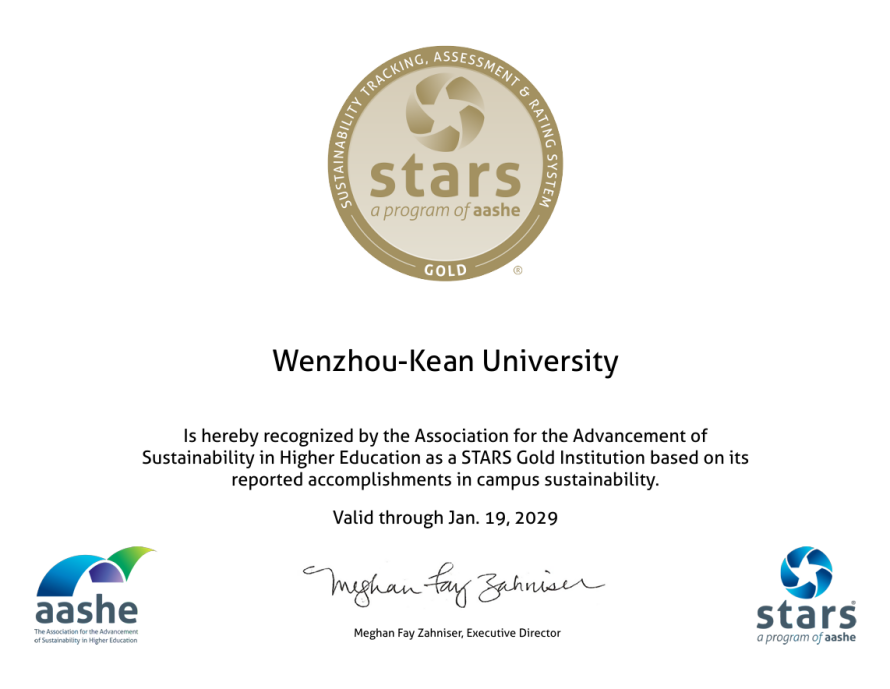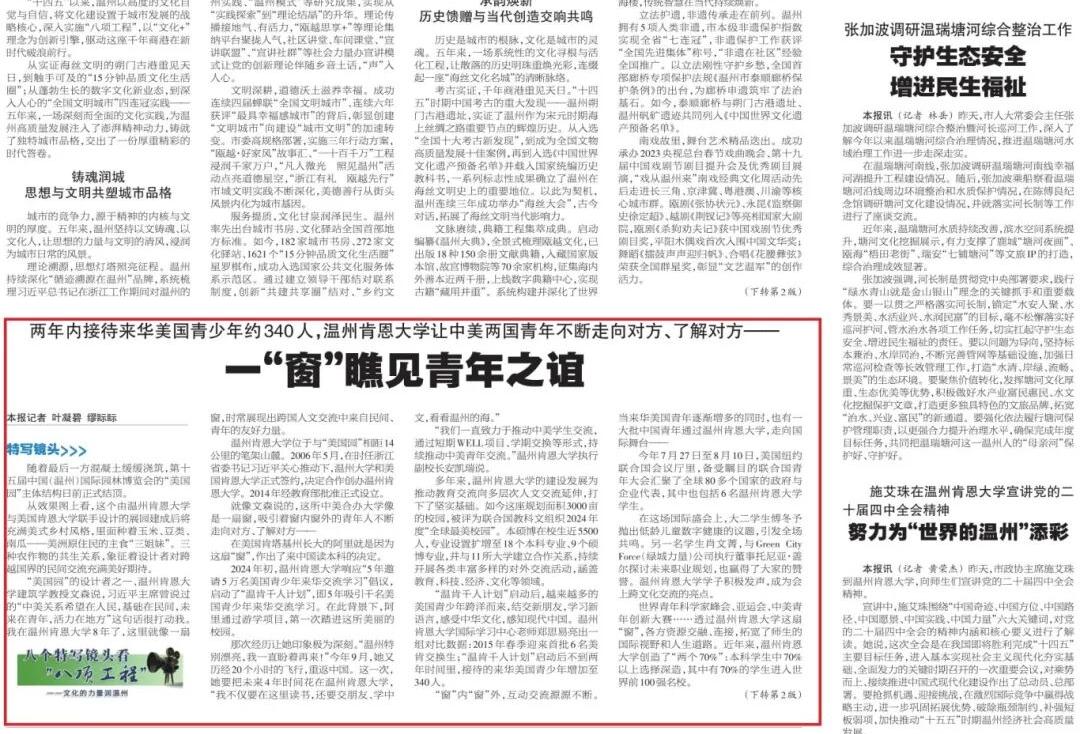WKU scholar discusses ChatGPT: How to make good use of ChatGPT on campus?
ChatGPT is an artificially intelligent chatbot created by a company called OpenAI and launched in November 2022. The program has more than 100 million monthly active users in just two months and attracted various sides of attention since its launch. These days, more calm, objective and in-depth discussions are needed regarding ChatGPT. Today, we invited Dr. Maryam Cheraghy from the Department of Computer Science to take us through this revolutionary new tool with a professional perspective.
Dr. Maryam Cheraghy received a Master’s degree in Communication and Information Engineering from Huazhong University of Science and Technology, and a Ph.D. in Communication and Information Engineering from Shanghai Jiao Tong University. During her Ph.D., she joined the Broadband Access Network Laboratory (Broadband Access Network Laboratory). At the same time, she is also a member of the international authoritative journal IEEE COMMUNICATIONS LETTERS. In addition to these academic achievements, Dr. Cheraghy is also experienced in the field of electronic information technology: before becoming a lecturer, she worked in the electronic technology industry for about 14 years.
What is new about ChatGPT from a professional perspective?
Comparing ChatGPT with other artificial intelligence, Dr. Cheraghy said that ChatGPT is an AI-driven chatbot, and is a transformer-based neural network that provides answers and data with human writing patterns. ChatGPT is built on several state-of-the-art technologies, including Natural Language Processing (NLP), Machine Learning, and Deep Learning. These technologies are used to create the model’s deep neural networks and enable it to learn from and generate text data.
NLP is the branch of AI that deals with the interaction between computers and humans using natural language. It is a crucial part of ChatGPT’s technology stack and enables the model to understand and generate text in a way that is coherent and natural-sounding. “ChatGPT is a specific type of machine learning model that has been trained to generate text in a chatbot-like manner.” Dr. Cheraghy explained. Of course, the seemingly perfect program ChatGPT also has several shortcomings. In the process of using ChatGPT, users are often disappointed as the program often displays errors such as “ChatGPT is now fully loaded” and “Too many requests in 1 hour, please try again later”.
Although this program is not perfect, Dr. Cheraghy still believes that ChatGPT has a promising future and room for expansion. So, what opportunities and challenges can ChatGPT bring to our campus life?
Academic dishonesty or academic advantage? What can ChatGPT bring?
Regarding whether ChatGPT will become an accomplice of academic fraud, Dr. Cheraghy gave a very rational view: “Banning ChatGPT is like banning students from using Wikipedia or spell checkers. Even if this is the ‘correct’ thing to do in principle, it’s not possible in practice. Some students will still find ways to get around the ban. In my opinion, we can’t completely ban students from using ChatGPT to complete homework or exams.” In addition to that, excessive dependence on artificial intelligence will lead to a decline in personal development ability, just like a young sea squirt will look for a suitable rock or coral. Once this support is found, the sea squirt no longer needs its brain. It is concerned that artificial intelligence is weakening people’s thinking abilities. Dr. Cheraghy thinks ChatGPT is like any traditional cheating tool. Rules can be set down to prohibit students or academics from using it, but it mainly depends on the subjective initiative of students. “We need to cultivate students’ independent thinking ability and critical thinking, and emphasize the harm of cheating and plagiarism as much as possible so that it is possible to prevent academic fraud from the source,” said Dr. Cheraghy.
Meanwhile, Dr. Cheraghy is optimistic about the application of ChatGPT on campus. She believes that it is important for students and staff to be fully aware of the use of ChatGPT as it has many positive impacts on education. Nowadays, students need to process too much information and ChatGPT can help them simplify the research and learning process. Compared with traditional search engines such as Baidu and Google, ChatGPT has an “outstanding” ability to search and classify information. Therefore, she always believes that ChatGPT will eventually become a great research tool. But so far, professors still need to alert students to the potential misinformation that ChatGPT can bring.
How to make good use of ChatGPT? Cheraghy offers advice to WKU students
“ChatGPT can help enhance test preparation. It can generate practice test questions and answers. ChatGPT can create practice test questions and answers for different courses and exams, enabling students to study for exams and develop their test-taking abilities.” Dr. Cheraghy offered advice on how to use ChatGPT better. At the same time, WKU students who have difficulties in English learning can also seek help from ChatGPT, which can provide resources for language learning and help students improve their grammar and vocabulary. “ChatGPT can help WKU students improve their English by outlining grammatical principles and offering practice problems. It can help students in bettering their grammar and vocabulary. Because it provides the translations and resources for language learning,” she explained.
As for content translation, ChatGPT can facilitate students to master information. Even if it is multilingual content, ChatGPT can also handle it easily. ChatGPT integrates the advantages of various application software, so it can solve learning problems and life challenges. Students can ask them about problems they encounter in their daily life, such as how to manage time and organize work. Even if people want to learn new knowledge and skills, they can get explanations and guidance through consultation with ChatGPT.
Writer: Yuxi FU
Proofreader: Wenwei XIANG
- Wenzhou-Kean University Spearheading Sustainability in Higher Education in Asia and in China, Awarded the AASHE STARS Gold-Certified in Sustainability

- Media Report | Wenzhou Daily: A Window into Friendship Between Chinese and U.S. Youths Wenzhou-Kean University Welcomes 340 Young Americans in Two Years

- WKU Student wins first prize in a national English speech contest: What is his answer to the value of boredom?


